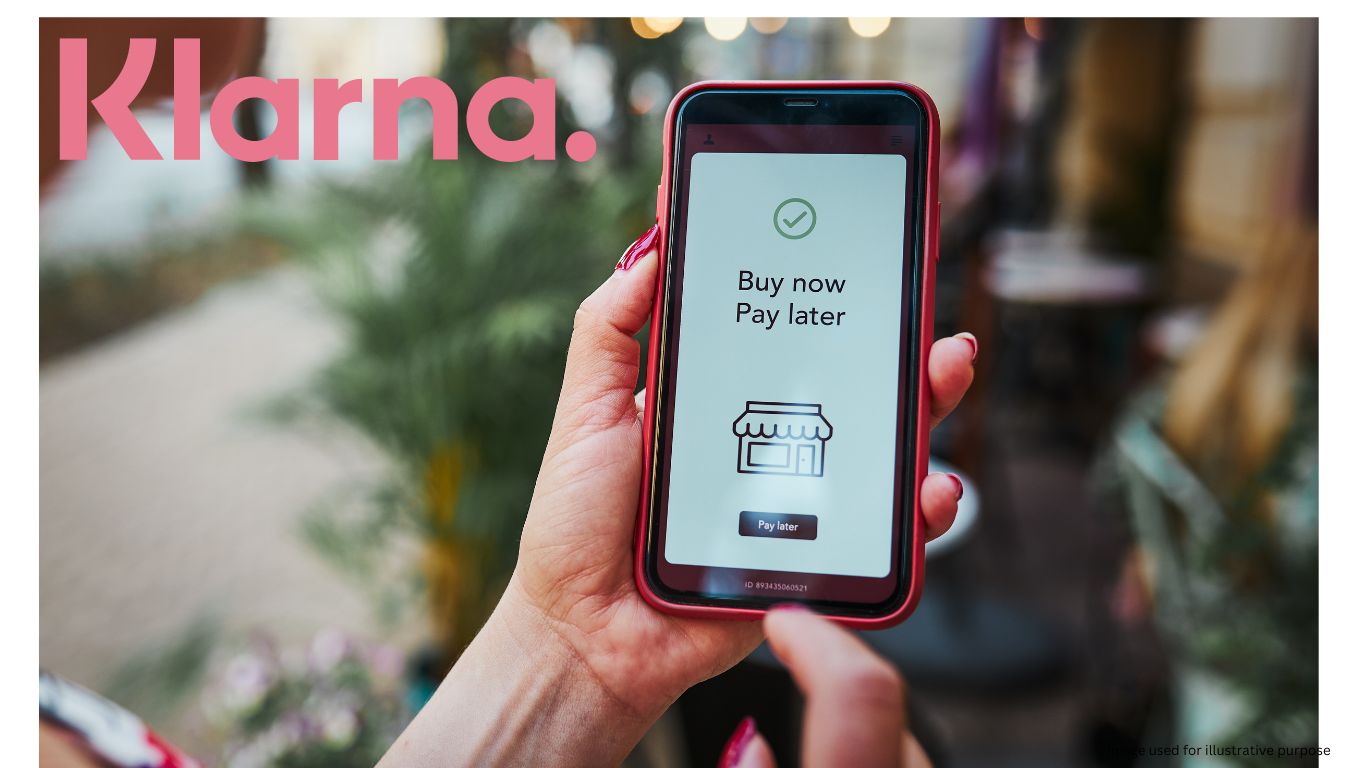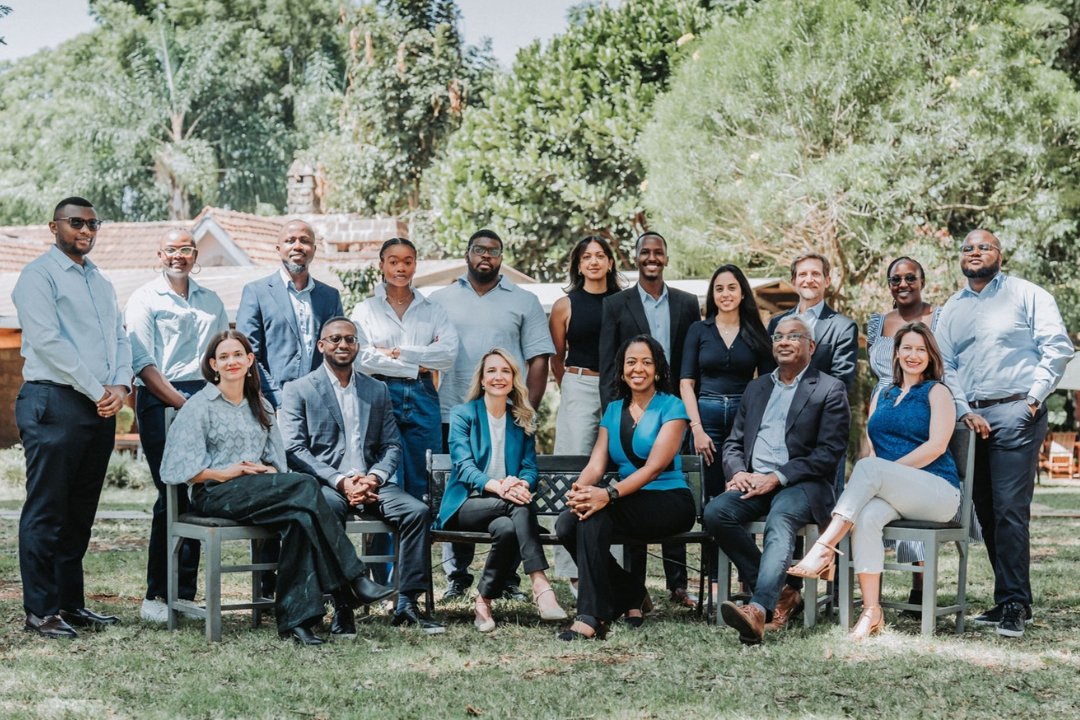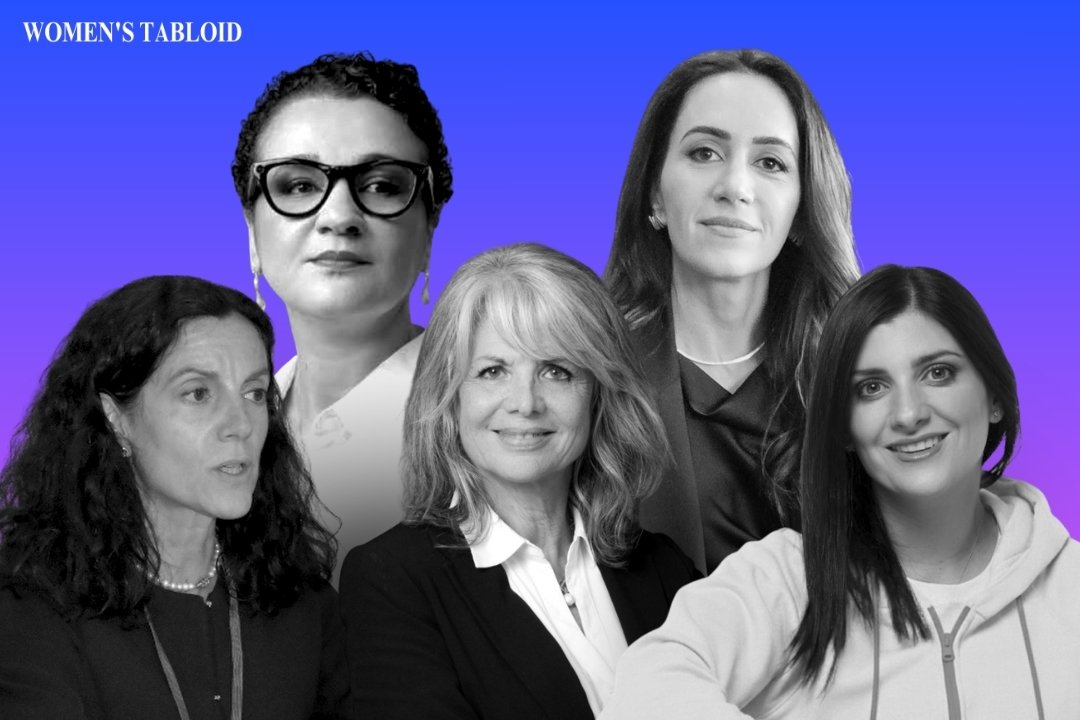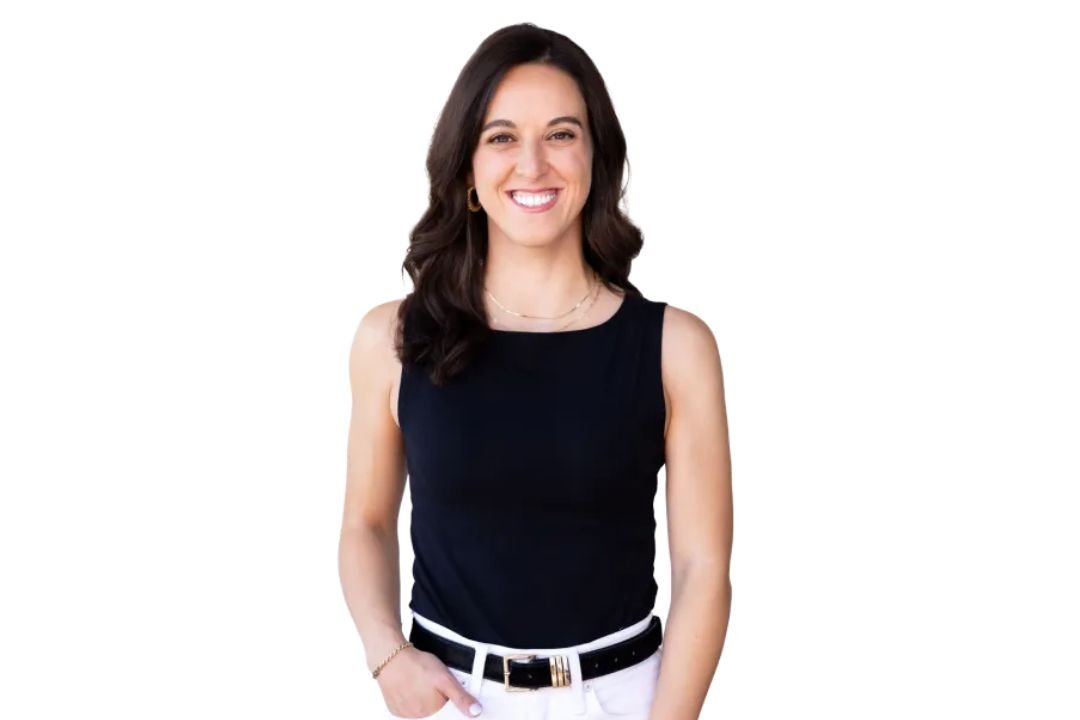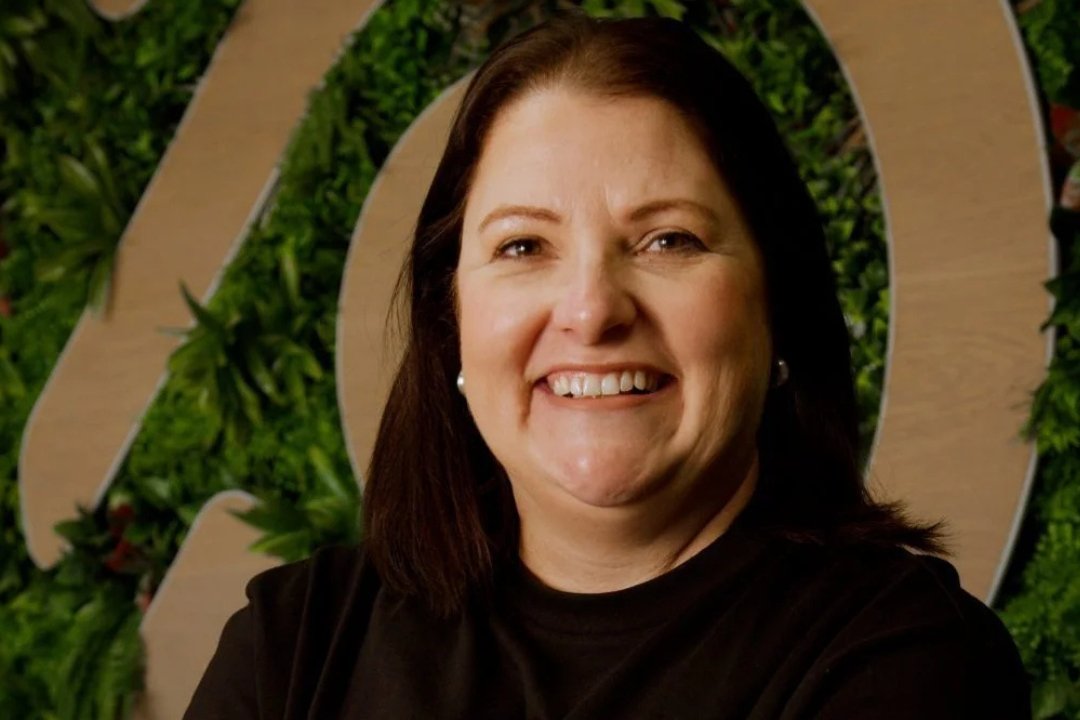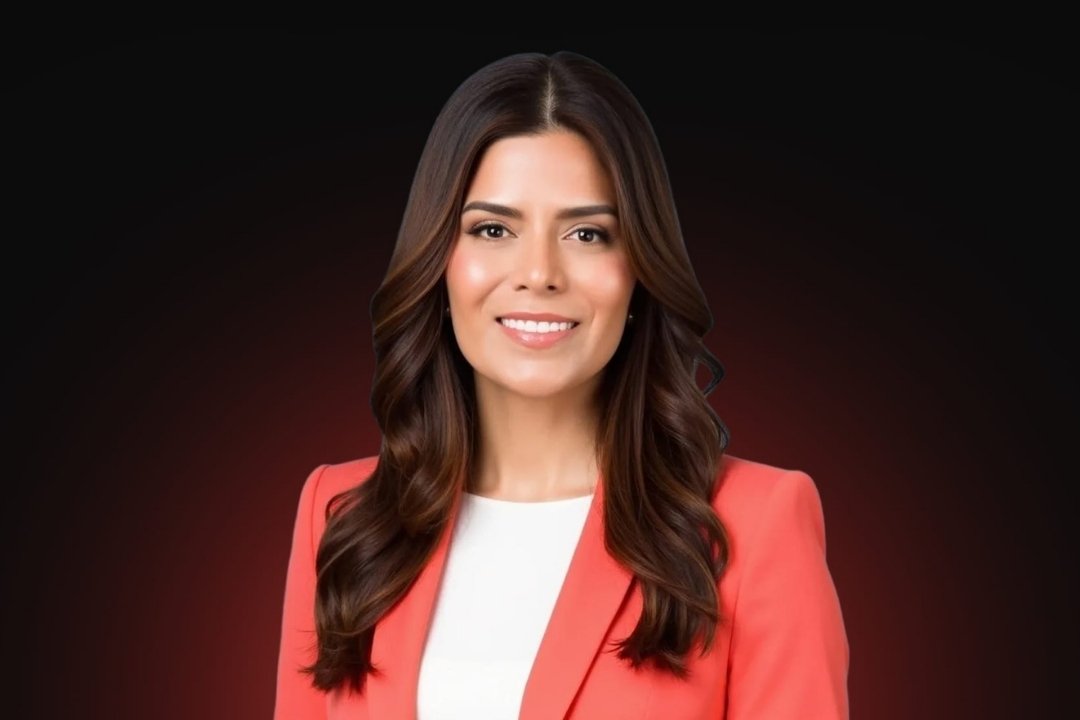Swedish fintech company Klarna is experiencing significant growth in Europe as consumers increasingly turn to Buy Now, Pay Later services in light of inflationary pressures and high interest rates. In the second quarter of this year, Klarna reported a 26% increase in gross merchandise value in the UK and a 14% rise across Europe. The company has garnered over 100 million European consumers and established partnerships with more than 470,000 merchants.
However, Klarna has not indicated whether this heightened demand will translate into profits or potentially lead to increased losses. Despite a threefold increase in central bank interest rates over the past year, Klarna continues to offer interest-free installment options for credit-based purchases.
In 2022, Klarna recorded a loss of $1 billion. The CEO of Klarna, Sebastian Siemiatkowski, remarked that while smaller competitors are reducing their presence or exiting the market altogether, Klarna is intensifying its efforts to solidify its position in Europe and the United States. Klarna experienced an 85% drop in valuation from its peak in 2021 after a new funding round, reflecting the impact of rising interest rates on short-term lenders.
This investment occurred during a challenging period marked by high inflation, increasing interest rates, concerns about a potential recession, the ongoing effects of a global pandemic, disruptions in supply chains, rising fuel prices, and the geopolitical tensions resulting from the conflict in Ukraine, particularly in Europe.
The company’s peers have seen their valuations decrease by 80-90% compared to their peak values, aligning Klarna’s valuation adjustment with the performance of other publicly traded peers since its valuation of $45.6 billion in June 2021. In an effort to streamline operations and reduce expenses, Klarna underwent a round of layoffs in the previous year and recently outsourced an additional 250 employees in Germany and Sweden. This move was reported as part of cost-cutting measures and a focus on outsourcing.

